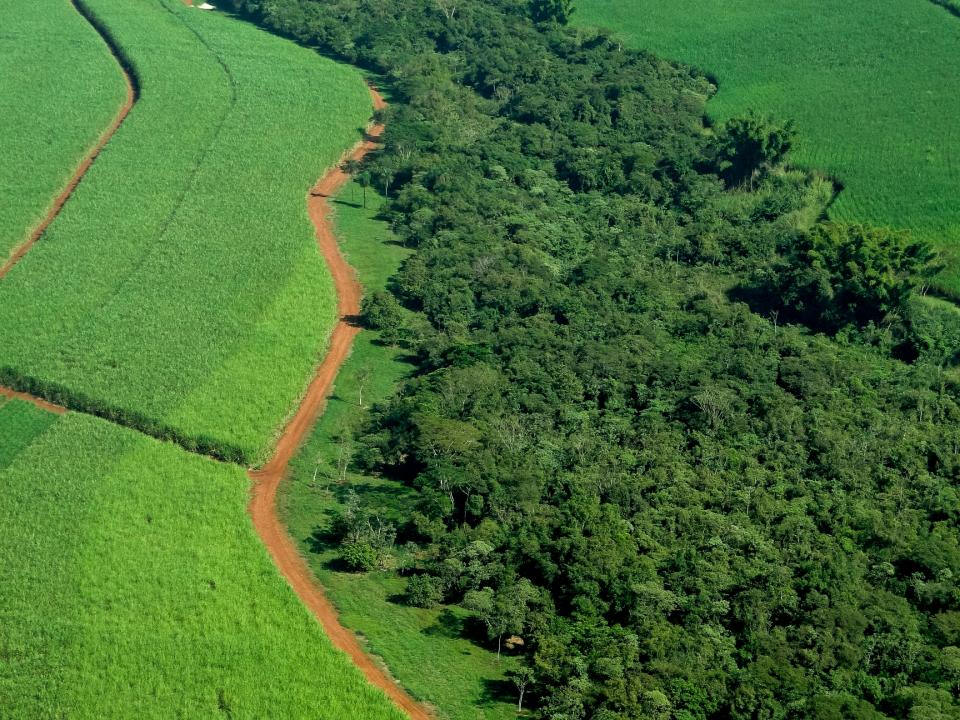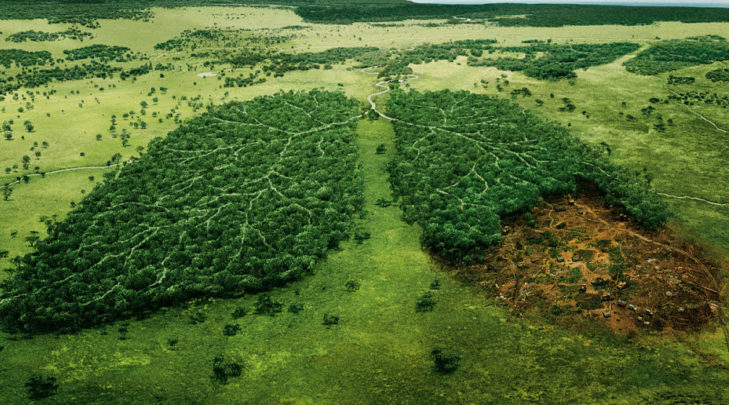RIO DE JANEIRO, BRAZIL – The European Union has cautioned that agricultural expansion is the greatest threat to forests and made it clear that it will insist on a commitment to prevent commodity production and supply chains from promoting environmental damage, including in the Amazon.

The message came on Tuesday from European Commissioner for Environment Virginijus Sinkeviius during the launch of a dialogue between 18 governments, including Brazil, and as part of preparations for COP26, the climate conference to be held later this year in Glasgow.
In the absence of Minister of the Environment Ricardo Salles, the Brazilian government appointed the head of the Agriculture portfolio, Tereza Cristina, to send a pre-recorded message during the launching of the initiative. The goal of the project is to reach an understanding and enable a commitment to be established on the link between trade and the environment.
On the European side, the goal is to prevent the supply of commodities in international market from causing deforestation of the rainforest. Within the Brazilian government, the initiative has been monitored with concern, since it could present obstacles to the country’s exports of agricultural products.
In the EU, the bloc pledges to enact laws to this end by July, forcing companies to prove that they buy their products from locations not engaged in deforestation. During the launch of the dialogue on Tuesday, the commissioner made it clear that simply fighting the illegal sale of timber will not be enough to reverse deforestation. “The greatest challenge is agricultural expansion,” he said, pointing to the impact of crops like soybeans, coffee or cocoa.
According to him, deforestation today represents the equivalent of 15% of CO2 emissions. “We need to step up our action against deforestation,” he said.
According to him, preventing the import of products that have caused deforestation is “the highest priority” for the EU today. “We need to look beyond the issue of illegal logging,” he said.
Among the measures under consideration is the requirement that importing companies undergo a more thorough due diligence on their supply chains, and the adoption of rules similar to those taken against companies that promote illegal fishing.
The UK government has embraced the same approach, insisting that deforestation today is the result of commodity production. “This puts pressure on forests,” warned Alok Sharma, president of COP26. Angela Merkel’s government also insisted it wants a “supply free of deforestation”.
In September, at the opening of the UN General Assembly, President Bolsonaro chose a threatening tone, pointing out that he would disclose data of countries that were buying illegally harvested timber from the Amazon.
The truth is that, despite Bolsonaro’s tone, pressure on the Brazilian government has only grown in recent months, raising concerns among exporters that Brazil’s commodity sales to the world could start to suffer.
Under pressure, Minister Tereza Cristina agreed in moderation and assured that Brazil is “ready to work with all partners towards sustainable land use in all ecosystems and for fair agricultural trade.”
Among the countries involved in the initiative, many were represented by their Environment Ministers, rather than by their Agriculture Ministers. Among them were France, Congo, Italy, Spain, Paraguay, Argentina and Nigeria.
The debate also included André Guimarães, executive director of the NGO Amazon Institute of Environmental Research. He recalled how 25% of Brazil’s GDP comes from land use and that over 90% of national agriculture depends on rainfall. “To destroy the Amazon is to destroy the future of Brazil and the world’s food supply,” he alerted.
“Deforestation is a terrible deal for Brazil. We need the Amazon to irrigate Brazilian agriculture,” he said. According to him, public policies need to be reconsidered, based on scientific data.
Source: UOL News


